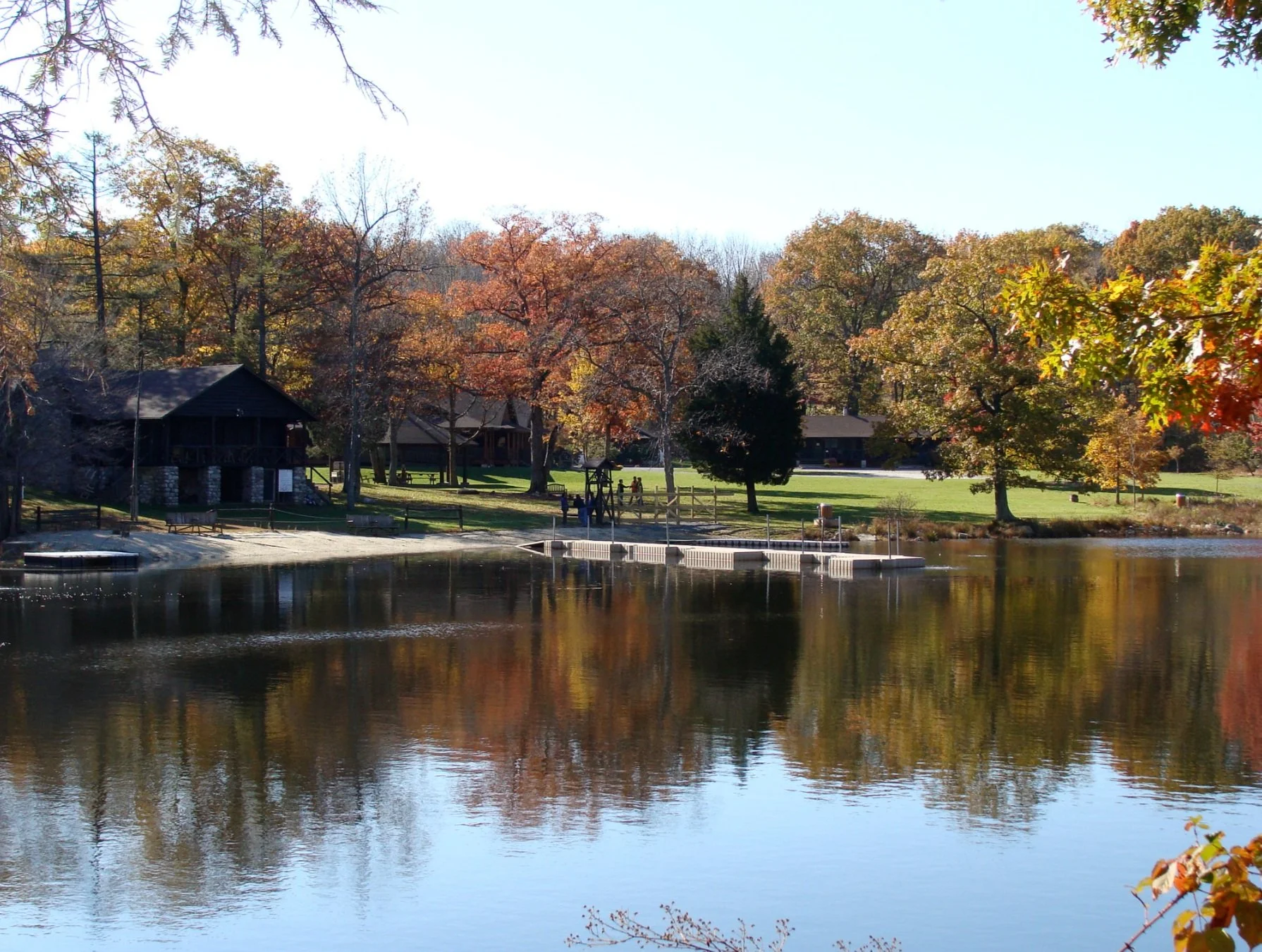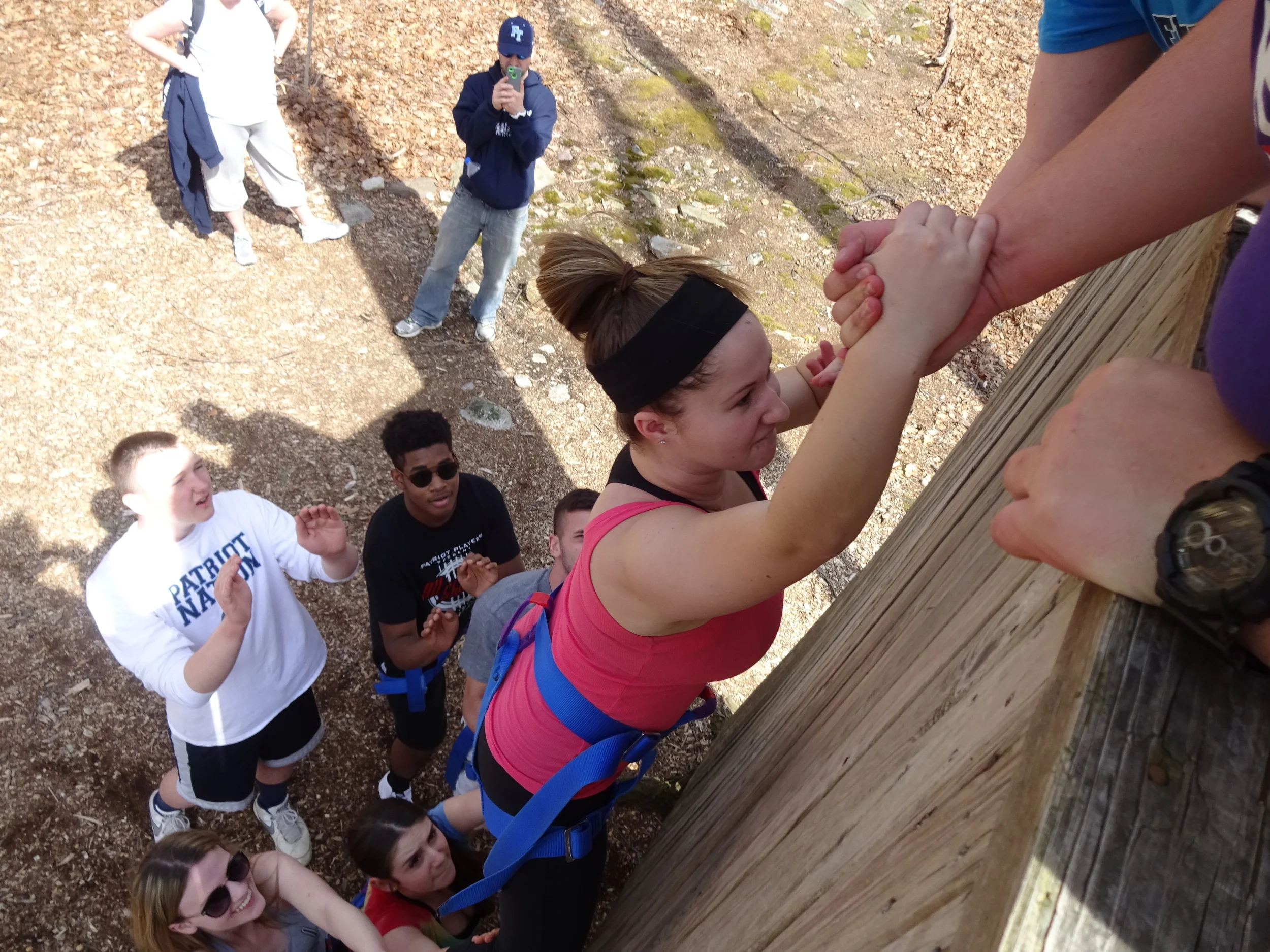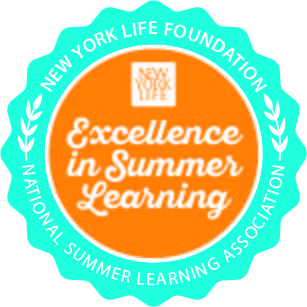Your facilitator had an incredibly patient and engaging way about her - she’s the best facilitator I’ve ever seen. Our girls loved her so much so that they were voicing their approval out loud to tell her how awesome she is! Informative, kind, engaging, fun, and calm. She even got our girls excited to clean up. It’s honestly astounding and far beyond my expectations for the weekend.
- Girl Scout Leader & Chaperone
OUTDOOR EDUCATION
Developing Leadership and Social-Emotional Skills
through Experiential Education
The Princeton-Blairstown Center is the perfect choice for customized adventure-based Outdoor Education school trips, group retreats, scout groups, and religious organizations. One of the few programs accredited by both the Association of Experiential Education and the American Camp Association, the Center’s evidence-based programs help school and youth leaders build climate and culture by developing leadership skills, building relationships, and achieving a stronger group cohesion.
Located near the 70,000-acre Delaware Water Gap National Recreation Area, our 268-acre outdoor campus with its best-in-class facilities is the perfect setting to help students strengthen critical 21st Century skills like leadership skills, creativity, critical thinking, collaboration, and communication while promoting healthy risk-taking and grit. Highly trained staff members work in small groups with 10-12 students to develop trust and employ adventure-based, experiential education methods to help students transfer their learning back to their schools, youth development organizations, and families.
Program selections include a wide range of activities including group initiatives, adventure course, high ropes, climbing wall, dam rappel, canoeing/kayaking/swimming (weather dependent), environmental education, diversity, equity and inclusion education, and an array of evening activities. Learn more about our adventure-based Blairstown Campus Programs.
A Stanford study found that students experienced a 90% increase in skills of all kinds, both social-emotional and academic, after outdoor education opportunities. Educators are coming to understand the importance of hands-on, out-of-classroom educational experiences. Eighty to 90% of students and 93% of teachers and chaperones reported improved 21st Century skills after five-days at Blairstown. Spending time outdoors and incorporating that practice into one’s daily life provides benefits to mental, emotional, and physical health; helps prevent chronic disease; and decreases the physiological responses to stress such as cortisol levels and heart rate.



























